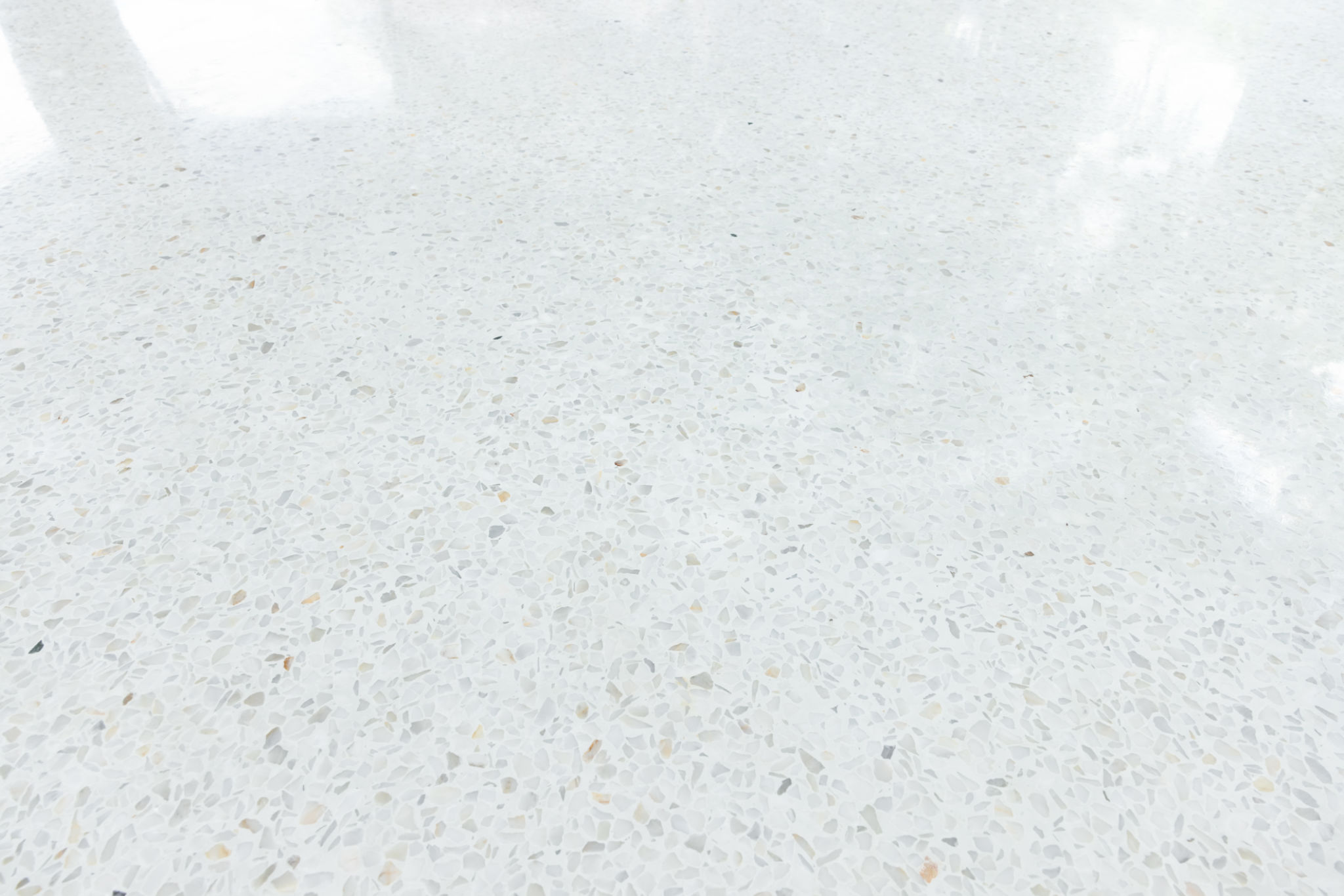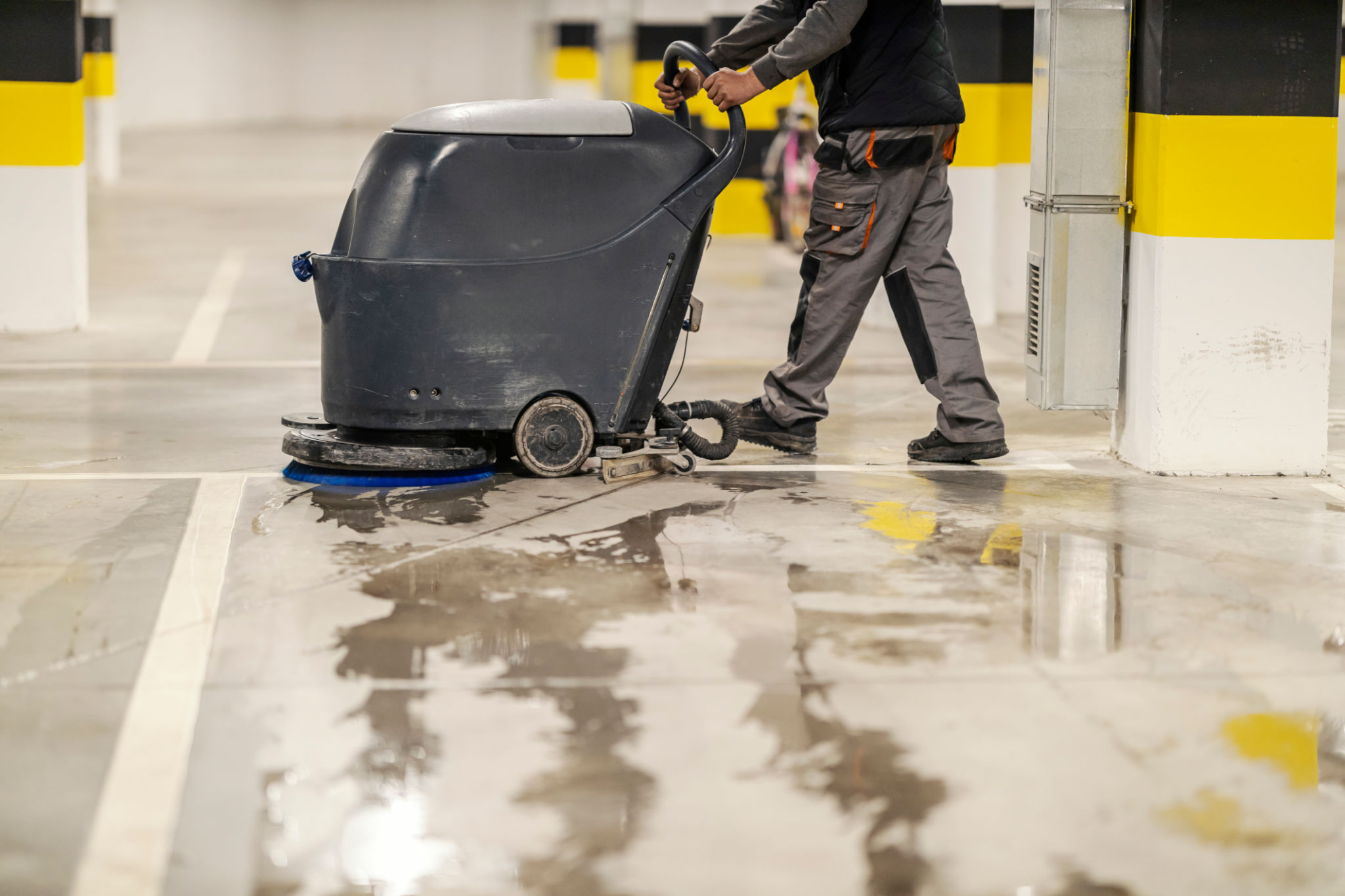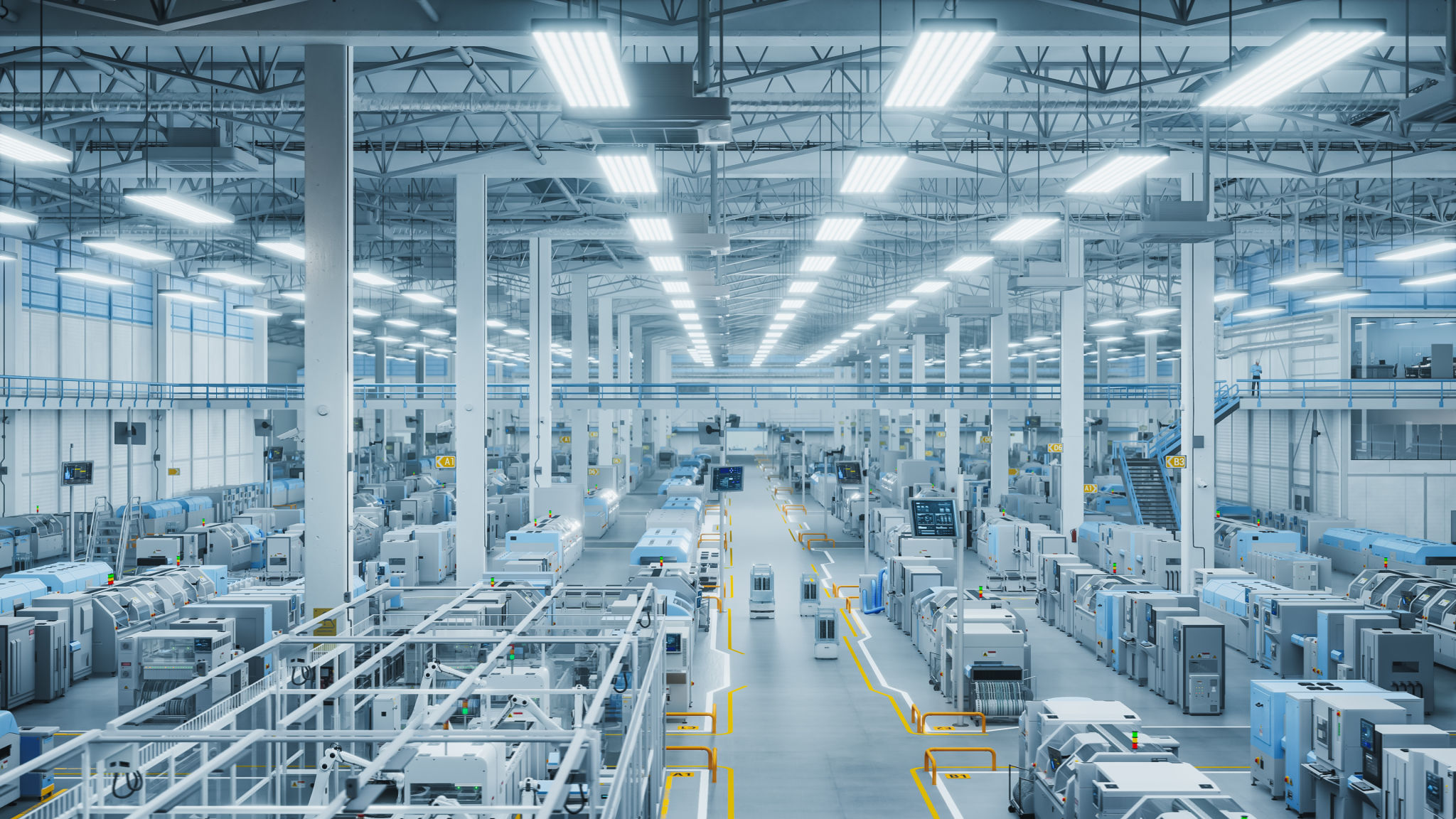Industrial Concrete Polishing Benefits
Introduction to Concrete Polishing
Concrete polishing has become a popular choice for manufacturing floors due to its durability, low maintenance, and aesthetic appeal. This process involves grinding the concrete surface with progressively finer abrasives to achieve a smooth, mirror-like finish. By opting for polished concrete, manufacturers can enjoy a range of benefits that enhance both the functionality and appearance of their facilities.

Enhanced Durability
One of the primary advantages of concrete polishing is its ability to significantly enhance the durability of manufacturing floors. Polished concrete can withstand heavy machinery, high foot traffic, and the wear and tear associated with industrial environments. This increased resilience reduces the need for frequent repairs and replacements, resulting in long-term cost savings.
Resistance to Chemicals and Stains
Polished concrete floors are highly resistant to chemicals and stains, which is crucial in a manufacturing setting where spills and leaks are common. The densification process used in polishing not only strengthens the concrete but also creates a non-porous surface that prevents liquids from penetrating. This resistance ensures that the floors remain clean and free from unsightly stains.
Low Maintenance Requirements
Another significant benefit of polished concrete is its low maintenance requirements. Unlike other flooring options that require waxing, sealing, or coating, polished concrete only needs regular cleaning with a damp mop or an auto-scrubber. This simplicity in maintenance saves time and resources, allowing facility managers to focus on other essential tasks.

Improved Safety
Safety is a top priority in any manufacturing environment, and polished concrete contributes positively in this regard. The smooth surface of polished concrete can be treated with anti-slip conditioners that enhance traction, reducing the risk of slip and fall accidents. Additionally, the reflective nature of polished floors improves visibility by enhancing lighting conditions, further contributing to a safer working environment.
Cost-Effectiveness
The initial cost of installing polished concrete may be higher than some traditional flooring options; however, its long-term cost-effectiveness makes it an attractive choice for manufacturers. The durability and low maintenance requirements significantly reduce ongoing costs associated with repairs and upkeep. Moreover, the energy efficiency gained from improved lighting can lead to reduced utility bills.

Aesthetic Appeal
In addition to functional benefits, polished concrete offers an attractive aesthetic that can enhance the overall look of a manufacturing facility. The glossy finish gives the space a modern and professional appearance. Customization options, such as different colors, patterns, and aggregates, allow manufacturers to tailor their floors to match their brand identity or specific design preferences.
Conclusion
Concrete polishing offers numerous advantages for manufacturing floors, from enhanced durability and safety to low maintenance and aesthetic appeal. By choosing polished concrete, manufacturers can create a more efficient, safe, and visually appealing environment that supports their operational goals. Investing in this flooring solution ultimately leads to long-term benefits that positively impact both the bottom line and the overall workplace atmosphere.
